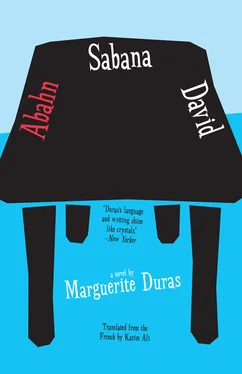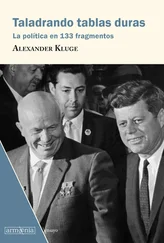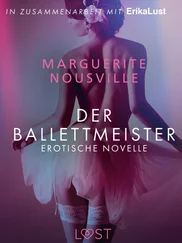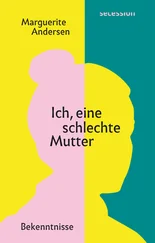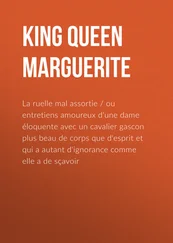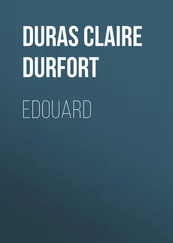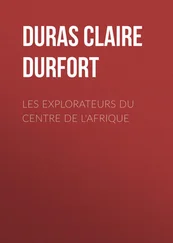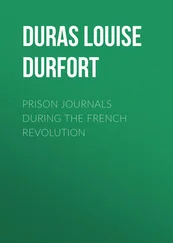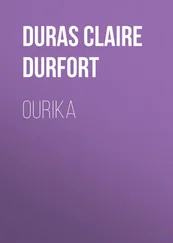“Gringo said, ‘the Jew is dangerous.’”
“Yes,” says Abahn.
“Still?” asks David.
“Yes.”
David keeps looking, looking, and somehow strangely he sees, sees the danger.
“It’s true,” David murmurs.
With difficulty he turns to Abahn and says:
“Gringo is afraid of him.”
“Gringo doesn’t exist to the Jew.”
David remembers.
“It’s true, the Jew never said anything at all about Gringo, nothing bad ever.”
Abahn smiles, is slow to respond.
“The only way Gringo exists for the Jew is that he is going to kill him.”
Fear seizes David once more. It is almost as if he is going to jump up from the chair. Neither Sabana nor Abahn notice his movements.
“Otherwise,” says Abahn, “the life of the Jew is as invisible as the life of David.”
“A mountain of pain,” says Sabana.
“A mountain of cement,” says Abahn.
“Mountains of the cement of pain,” says Sabana.
“Yes,” says Abahn, smiling, “Invisible, drowned in the Jews.”
The Jew lifts his head and looks over at David.
David notices the Jew looking at him. With a sudden start he tries to evade his gaze. He falls back into the chair. The Jew swings his gaze toward the door out to the darkened park. David calms.
•
“He didn’t know where to go,” says Abahn, “so he came here, to Staadt. He could have gone anywhere, but it would have been the same: other Gringos and merchant’s unions and they would have wanted to kill him too. Here, there, it’s all the same.”
Again David tries to rise up out of the chair. Again he fails. Again neither Sabana nor Abahn notice him.
The Jew has once again rested his head on his arms. He seems exhausted. Sabana sits at the table, leaning against him. She strokes his back, his hair, his hands, his body. Then she lets her hand drop, rests there without moving.
David sees only the Jew.
“It’s been a long time since he left home,” Abahn says. “He had a wife once, children. Then one day he left.”
“Then he left the place he had gone to,” adds Sabana.
“Again and again,” says Abahn. “Left from every place.”
An anxiety builds in David’s eyes.
“And once, a long time ago, he’d had a profession. He’s begun, these days, to forget even what it was. He said once to someone in the village: I forget now what I once did before.”
Silence.
“He said that to you, David?” asks Sabana.
With difficulty, the word comes from David:
“Yes.”
“He also said that he studied. For a long time. In many capital cities. He said: It pleased me to study. No he’s forgotten what all he studied. He said to someone in the village: I can’t remember anymore what I once knew.”
“He said that to me,” says David.
The dogs howl.
The dogs howl: David turns his gaze toward the door to the darkened park.
The howling subsides.
“He said: I began to think about where I learned this word—‘Jew.’”
A shot rings out near the ponds, disrupting the Staadt night. Shots heard again from even farther off. No one hears the shot near the ponds.
“There’s something written on his body,” says Sabana, “on his arms, there’s something written.”
She sits up and takes his arm, folds back the sleeve of his jacket and looks at his forearm.
“It’s written where the number would be.”
“Written where you arrive,” says Abahn, “in the capital of the world.”
Sabana looks at the arm.
“It’s written in blue.”
“What?” asks David.
“I don’t understand it,” she says. “I can’t read it.”
“It’s the word: NO,” says Abahn.
“When did they write it?” asks David.
“At some point during his life,” says Abahn.
“It’s the same word for the Jew and for those who want to kill him,” says Sabana.
“The same,” says Abahn. “The word of the Jew and the word of those against the Jew.”
Sabana replaces the arm of the Jew and sits back, closing her eyes again, resting.
Abahn and Sabana both seem to be in the same exhausted state.
“He had these stories,” says Abahn, “a hundred of them but all the same, those of the Jews. He has barely told any of them to the people of Staadt. He told them instead about the lives of others.”
David nods.
“Before coming here the Jew was released from all parties, Gringo’s and others, and all his stories were finished, he was left with only his own. The Jew couldn’t stand, one more time, to be alone with his own story. So he started again. He began to become a man of Staadt.”
Abahn pauses. He speaks with a great tiredness sweeping through him, slower. He looks down at the ground. He no longer seems to be speaking to David alone.
“With forgetfulness descending everywhere, this new thing became possible — to become a man of Staadt. So he did it. Began once more to become a man of another new place.”
Abahn pauses.
“He wanted to live,” says Sabana.
“Yes,” says Abahn. “He wanted to live without working in the banlieues of Staadt. To exist without working at all, without any occupation but that of living, in the banlieues of Staadt. And he decided to do it like this from now on.”
Silence.
“Just like that? Why?” asks David.
“It was his unchangeable desire. His purest desire.”
Silence.
“That’s terrible,” murmurs David. “To do nothing.”
“No,” says Abahn, looking at David. “He spoke.”
David struggles, searches in the emptiness.
“He said to us: Leave it all behind.”
David speaks but he doesn’t know what he says. He trembles.
“He said: Look here, leave it all, you’re building on ruins.”
In the half-light someone laughs. It’s the Jew.
Joy floods David’s face. He cries out, “He hears us, he laughs!”
One after the other they all start laughing with the Jew.
“He said: Enough with this foolishness. Leave the cement behind.”
“Leave the cement behind,” says the Jew.
“He said: Go hunt.”
“Go hunt,” says the Jew.
“It’s he who spoke to me in the forest,” cries David. “About the jackrabbits. He said, keep going, they’re beyond the barbed wire.”
“Beyond it,” says the Jew.
“He spoke of the light in the forest,” says David, remembering, speaking slower now, “of summer also.”
“Summer,” says the Jew.
Silence.
The broken voice of the Jew then rises:
“David’s summer.”
Someone is shooting near the ponds.
They speak no more. David listens and trembles. Sabana, sitting next to the Jew, also listens. Her voice then rises:
“What is Gringo waiting for?”
The shots cease.
•
Abahn is speaking to David, still overcome by exhaustion. “First he forgets what work he did. Then he forgets about money. Then he forgets what he learned. Finally, at the end, he forgets his wife, his children. He said, ‘I couldn’t lie in front of them the way I could when I was away from them.’ Is that what he told you, David?”
“Yes.”
“And he left so his children would also leave, later on.”
“Then he left again and again,” says Sabana.
“Yes,” Abahn says. “Again.”
“He lingered among the Jews, burned Jews and gassed Jews, with or without God.”
“Yes,” says Abahn. “He was searching.”
“It’s Staadt where he will die,” says Sabana, “in the penal colony on the road to the Jewish capital.”
Silence. Abahn does not continue. David waits.
The silence hovers between them. Abahn closes his eyes. He seems exhausted. David realizes he is lonely, alone, broken down.
Читать дальше
